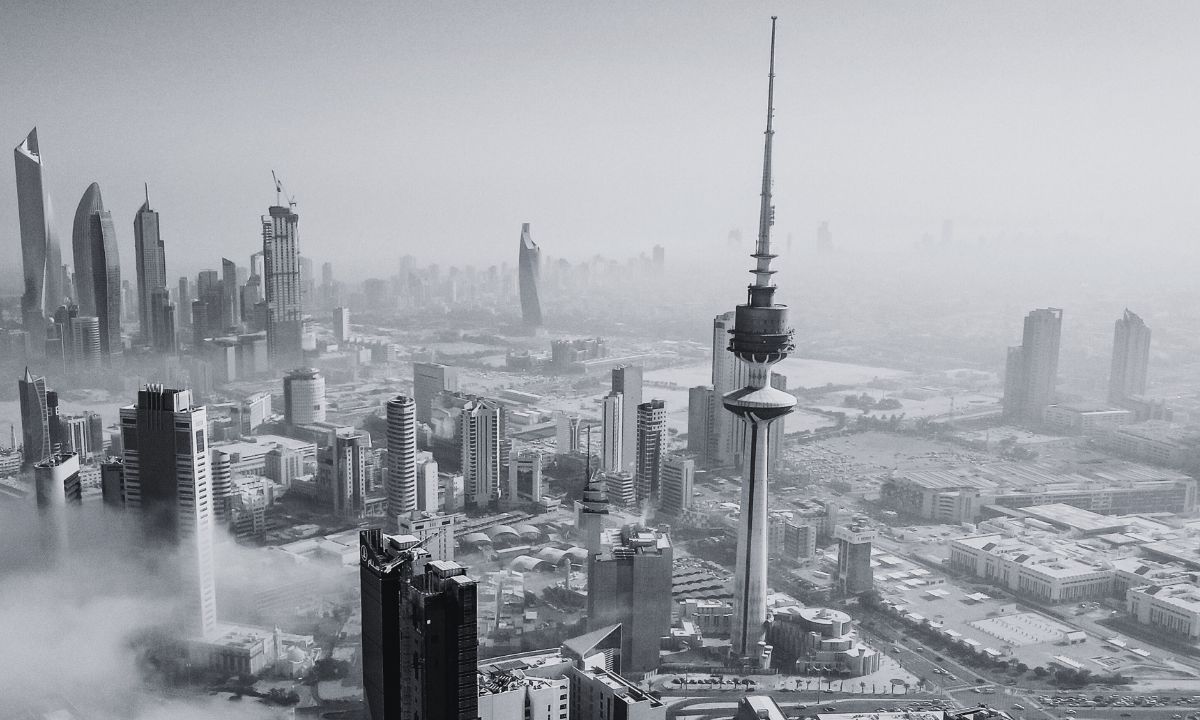Now Reading: Global talks on plastic pollution treaty end without agreement
- 01
Global talks on plastic pollution treaty end without agreement
Global talks on plastic pollution treaty end without agreement

Geneva, August 16 – International talks in Geneva to create the world’s first global treaty against plastic pollution ended on Friday without a deal. Negotiations will continue at a later date.
Delegates from 184 countries met for 11 days at the United Nations office, hoping to agree on rules to cut plastic waste. But the talks stalled because nations remain divided on a key question: should the treaty put limits on how much new plastic is made, or should it only focus on recycling, reuse, and waste management?
Most plastics are made from fossil fuels, and oil-producing countries, along with the plastics industry, strongly oppose production limits. Many other countries and scientists say cutting production is necessary to stop the crisis.
UN Environment Programme chief Inger Andersen said that although the outcome was disappointing, progress had been made and the process would continue. “It’s too early to know how long it will take,” she said.
Mixed reactions from countries
Some countries, including Norway, Australia and Tuvalu, said they were “deeply disappointed” to leave Geneva without a treaty. Madagascar warned that the world expects action, not just more reports. The European Union said it had hoped for more but still saw the draft text as a good starting point for future talks.
China compared the negotiations to a “long marathon” and urged nations to keep working together for a “blue planet without plastic pollution.”
Disagreements on production limits
The latest draft did not include hard limits on making new plastic but admitted that today’s production levels are unsustainable and already exceed global waste management capacity. The text suggested reducing harmful chemicals in plastics and cutting back on single-use products.
However, many countries arrived in Geneva with strict “red lines,” refusing to compromise on key issues. Denmark’s environment minister said compromise means everyone must be willing to bend, but that didn’t happen. Iran criticized the process as “nontransparent,” while Saudi Arabia and Kuwait said the draft was unbalanced.
No consensus reached
Because the treaty requires full consensus, even one country’s objection can block progress. India, Saudi Arabia, Iran, Kuwait, and Vietnam insisted that decisions must be unanimous. Others, like Greenpeace, argued that voting should be allowed instead of endless deadlock.
Environmental groups said the lack of agreement showed the consensus system is failing. They warned that plastic production is set to rise by 70% by 2040 unless strong rules are adopted.
Scientists also reminded negotiators that the science is clear: to protect human health, the treaty must cover the entire plastic lifecycle—from production to disposal—and place restrictions on toxic chemicals.
Indigenous leaders and environmental activists who attended the talks left disappointed. They had called for a treaty that respects Indigenous rights and knowledge. Frankie Orona from the Society of Native Nations said more negotiations are needed to “fight for a treaty that truly protects people and the planet.”
For now, the world’s plastic crisis remains unresolved, with millions of tons of new plastic entering the environment every year.













